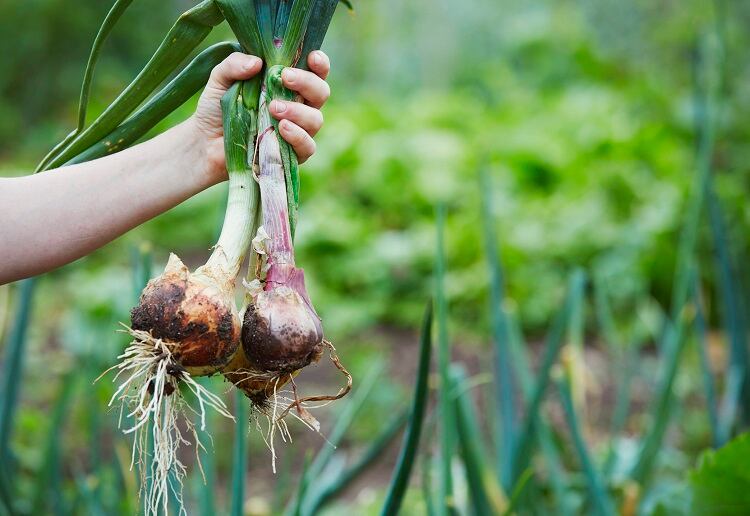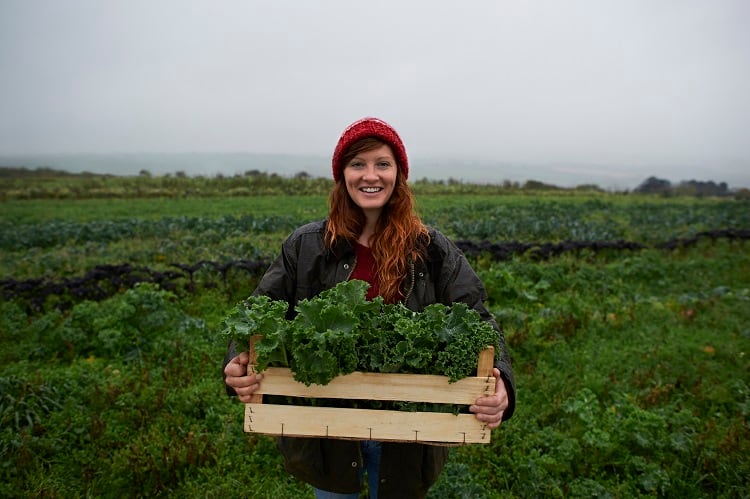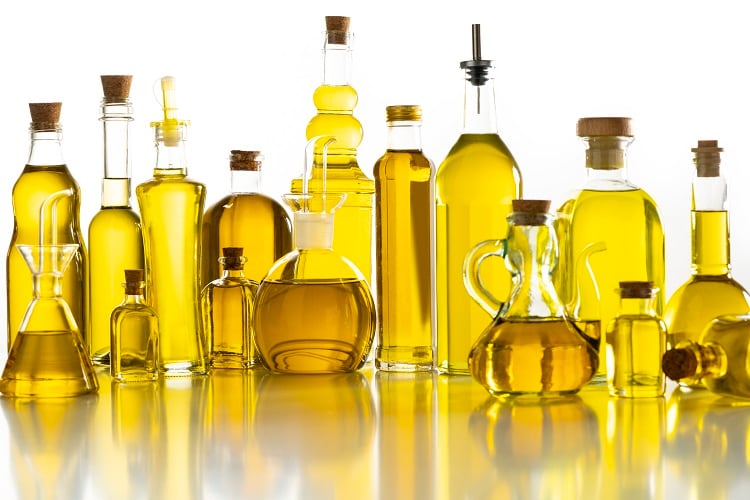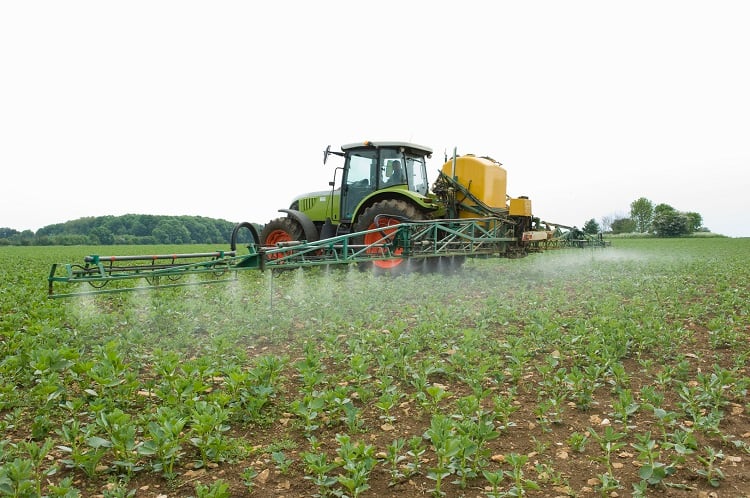An astronomical 450,000 tonnes of onions are grown in the UK every single year, so ensuring the continued security of onion crops is essential, not just for food security, but for the livelihoods of the farmers who grow them and the economy as a whole.
Stopping fusarium basal rot in its tracks
The Department for Environment Food and Rural Affairs (DEFRA) is therefore prioritising the continued success of onion crops, launching a new research project, integrated fusarium early diagnostic and management or FUSED for short.
Part of its Farming Innovation Programme, the one-million-pound project is setting out to find methods for detecting, managing and preventing crop loss as a result of fusarium Basal Rot (FBR), a devastating infection caused by a soil-borne fungus that costs the UK onion industry more than ten million pounds every year. The 24-month project is being led by Lincoln-based agricultural technology research and development company, B-hive Innovations.
The project will collaborate with research experts including agronomists from VCS Agronomy and The Allium and Brassica Centre, academic researchers from the University of Warwick, agri-tech innovation centre Crop Health and Protection (CHAP), and members of the research team at RSK-ADS. Moulton Bulb, G’s Growers and Stourgarden and Bedfordshire Growers will provide additional support.
“Our goal is to detect infected onions during growth and at the earliest possible stages, and we are excited by the challenge this brings,” explains B-hive’s head of machine learning, Dr Mercedes Torres Torres. “We’ll be drawing on our considerable expertise in remote sensing, including use of hyperspectral imaging in agriculture, and are confident that we can find better ways of detecting disease.”
“By engaging with the grower base at the beginning of the research process, it will enable us to develop solutions that are fit for purpose, a key mission that drives B-hive's research projects,” added Dr Andy Gill, general manager of B-hive Innovations and FUSED project lead.

What is fusarium basal rot and how does it affect onion crops?
Fusarium basal rot is a disease which can occur in onions and garlic. It can occur at any stage of the plant growth, with symptoms including the curving of the plant, yellowing and/or die-back of leaves, and wilting. Affected roots become dark brown to dark pink, and a white fungal growth is sometimes evident at the base of infected bulbs. Fusarium basal rot begins with the rotting of the basal plate, which prevents water and nutrients from being transported up and out into the vegetable. It’s caused by a common soil fungus called fusarium oxy- sporum f. sp. cepae. Fusarium basal rot is responsible for an estimated 40% of crop losses every year.
“In 2022, 8,800 hectares of bulb onions were grown across four major production organisations and from around 90 distinct growers. However, the future viability of the sector is severely threatened by fusarium basal rot. In field, disease causes premature death of onions, while infected onions in store can quickly rot. Climate change, changes in agricultural practice and lack of fresh production land increase disease prevalence and in recent years crop losses have increased to 40%,” Dr Gill told FoodNavigator. “This in turn drives imports higher to satisfy the domestic demand for onions and 300,000 tonnes of bulb onions (40% of supply) that are currently imported annually. Margins in the UK onion sector are already tight and this is not sustainable. Growers desperately need better diagnosis and management solutions.”
What will protecting onions from FBR mean for farmers and consumers?
Agriculture as a whole provides half of the food consumed in the UK, employs almost half a million people of all ages and from all backgrounds, and is a key part of the food and drinks sector. And as one of the largest vegetable crops grown in the UK, onions are an important crop within that.
“Onions are a crucially important vegetable in our diet as they are used as a base for lots of meals, such as soups, stews, pasta sauces, stir fries and curries,” explains Dr Gill.
“Reducing waste from FOC-infected onions will improve sustainability of the industry by increasing available land, reducing risks associated with onion production, reducing reliance on imports and ensuring that financially-valuable and carbon-intensive inputs for onion production are not lost.”
What’s so great about onions?
What's NOT great about onions..? As well as being a delicious and versatile ingredient, perfect as a base for sauces or chopped up into salads, onions also pack a powerful nutrient punch.
Onions contain quercetin, a natural anti-histamine and anti-inflammatory. They're rich in chromium, which helps balance hormones. And they contain flavonoids, which promote a healthy heart. Onions are also chock-full of prebiotics, which support the good bacteria in our gut.





